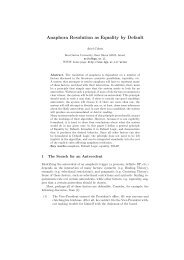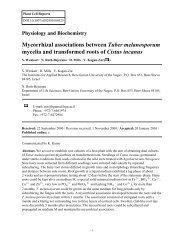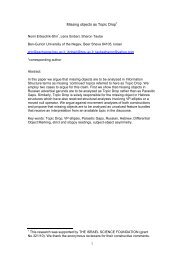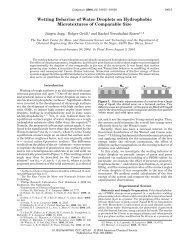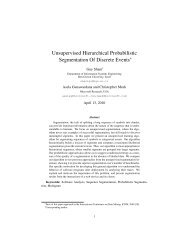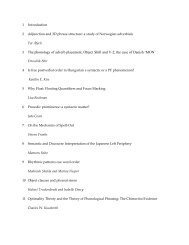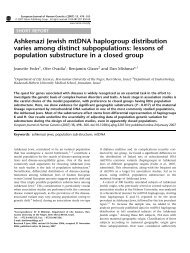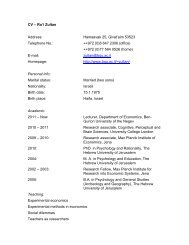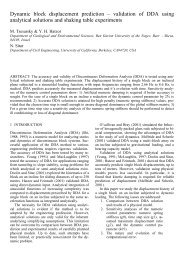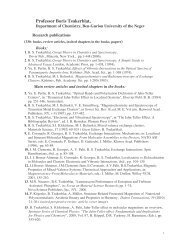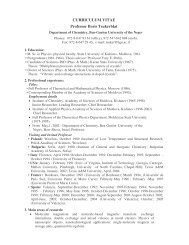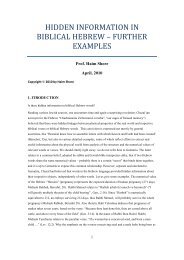Generics, Frequency Adverbs, and Probability
Generics, Frequency Adverbs, and Probability
Generics, Frequency Adverbs, and Probability
Create successful ePaper yourself
Turn your PDF publications into a flip-book with our unique Google optimized e-Paper software.
though the truth conditions do depend on the extensions of the properties<br />
at different times.<br />
To give another example, suppose that John fears all bats but no other<br />
animal. The set of bats is equivalent to the set of animals John fears, though<br />
the intensions of the respective terms differ; there are any number of possible<br />
worlds where John does not fear bats in the slightest.<br />
However, we can<br />
substitute the term animals which John fears for bats without changing the<br />
truth conditions:<br />
(9) a. Bats (usually) fly.<br />
b. Animals which John fears (usually) fly.<br />
Similarly, there is no logical necessity for the whale to be the largest<br />
animal on earth, or for the quetzal to be Guatemala’s national bird; yet (10.a)<br />
<strong>and</strong> (10.b) have the same respective truth conditions as (11.a) <strong>and</strong> (11.b):<br />
(10) a. The whale suckles its young.<br />
b. The quetzal has a magnificent, golden-green tail.<br />
(11) a. The largest animal on earth suckles its young.<br />
b. Guatemala’s national bird has a magnificent, golden-green tail.<br />
<strong>Generics</strong> <strong>and</strong> frequency statements, then, are parametric on time, but<br />
not on possible worlds; if two properties have the same extension throughout<br />
time, they can be freely interchanged in a generic sentence salva veritate.<br />
The third puzzle is how generics <strong>and</strong> frequency statement can be parametric<br />
on one index but not on another.<br />
8



